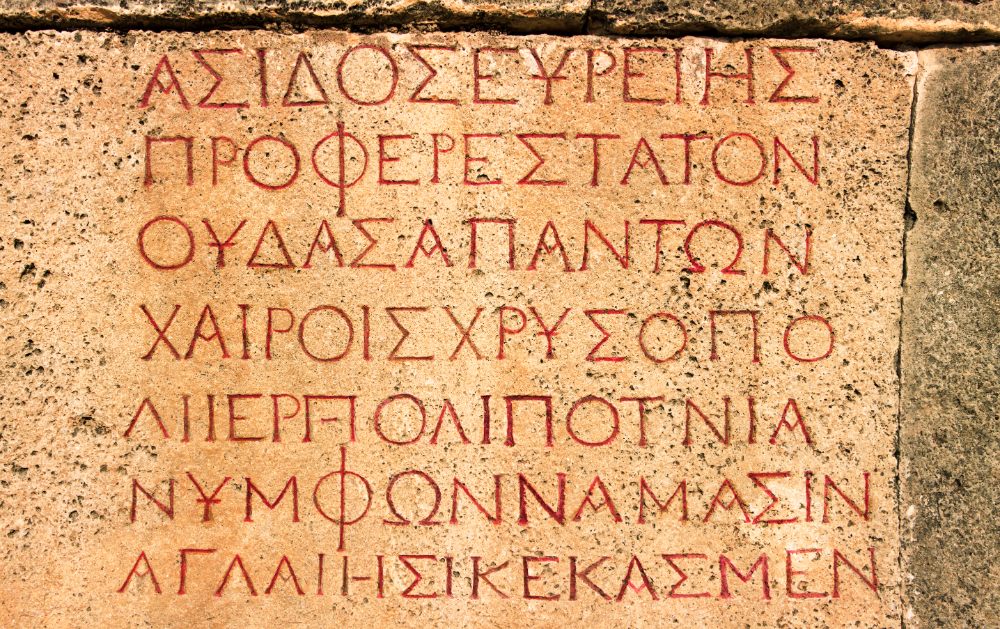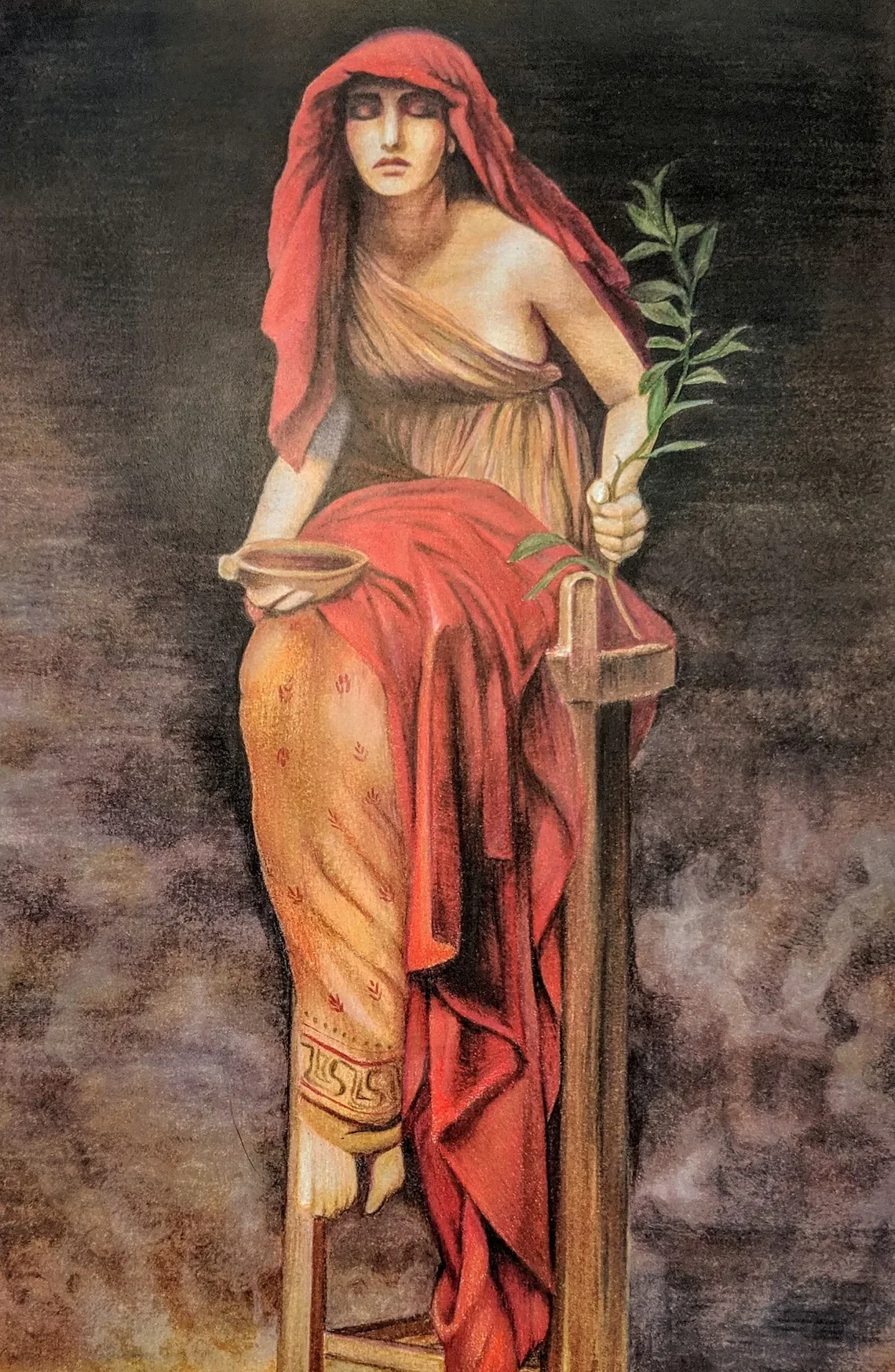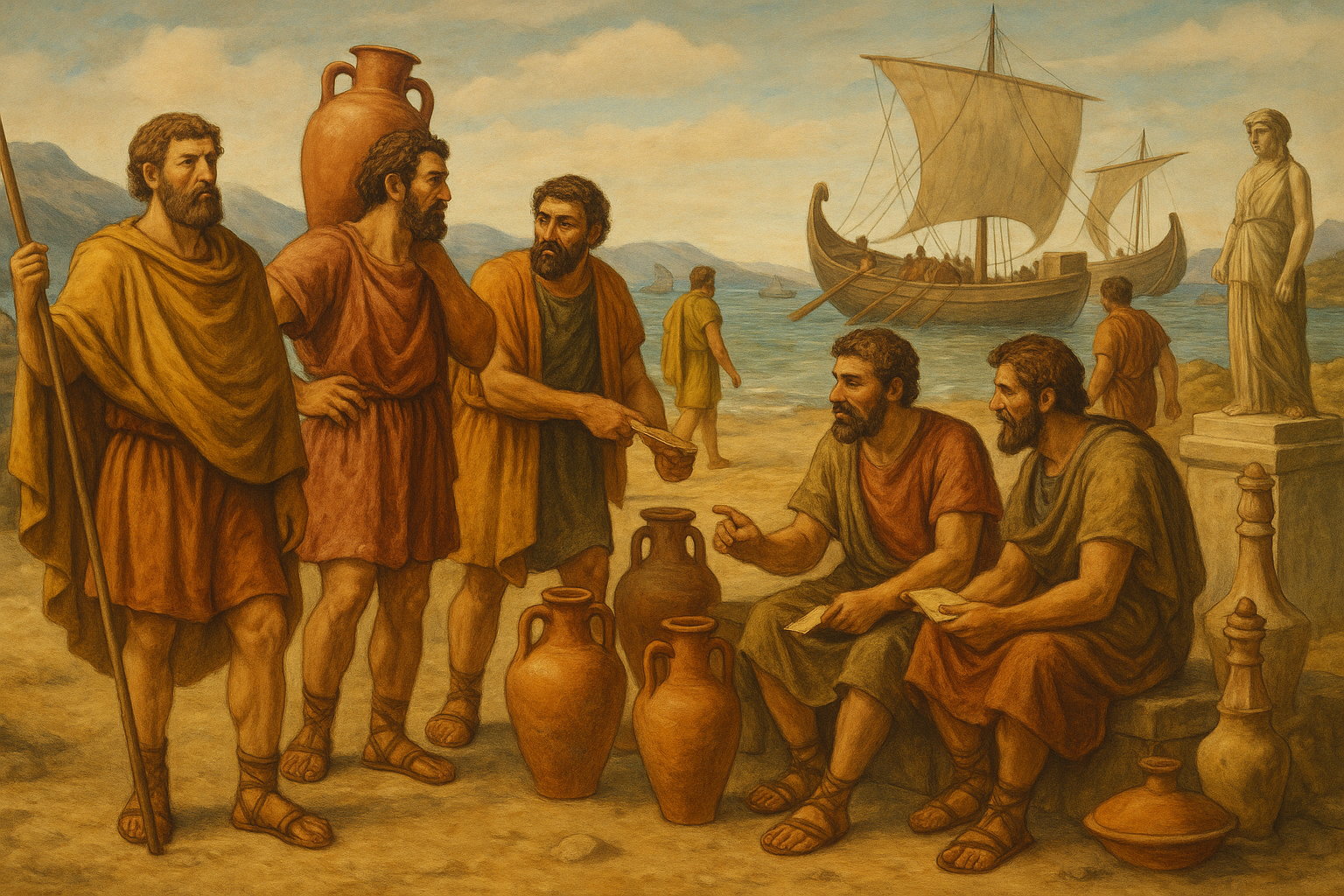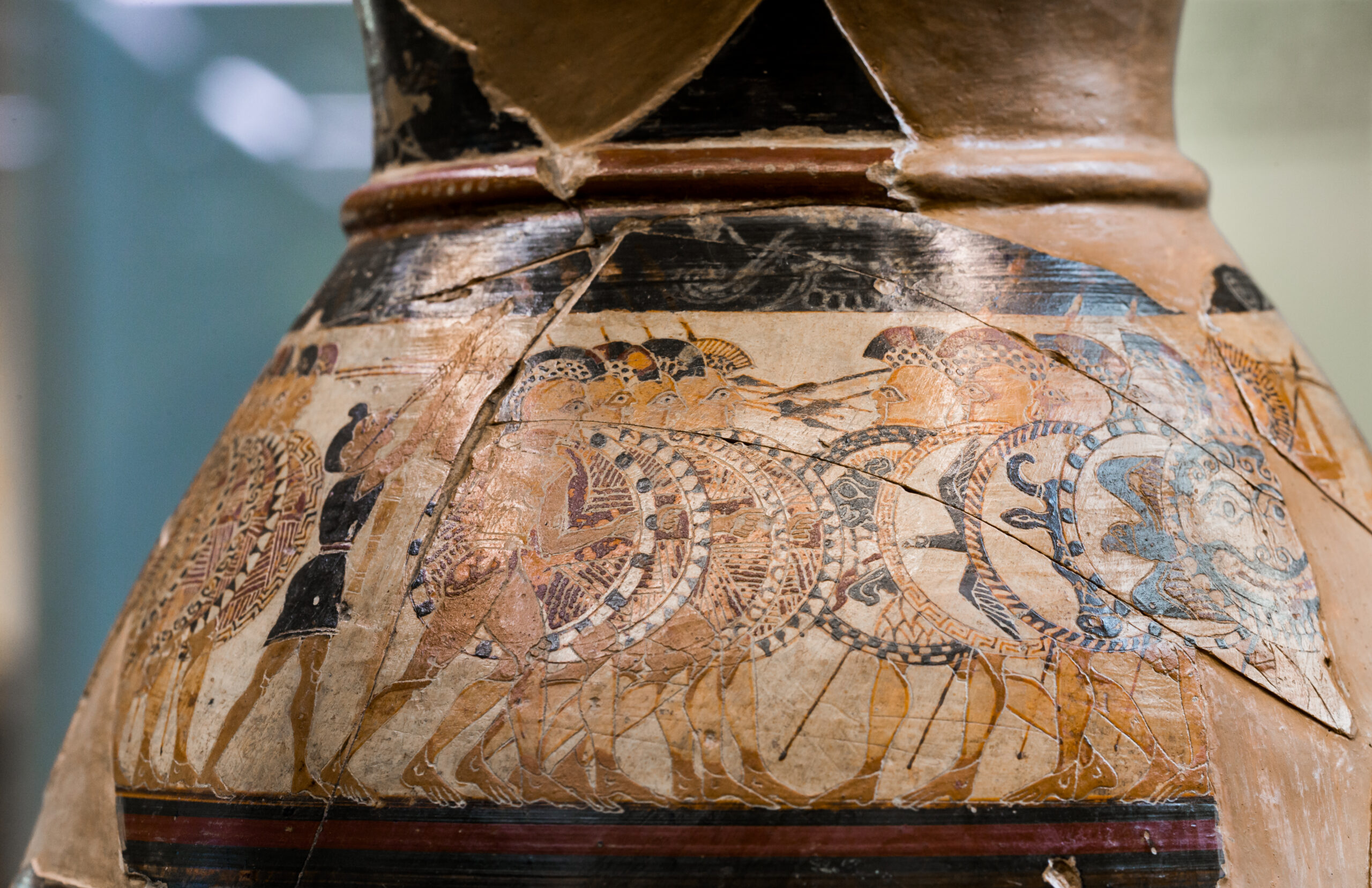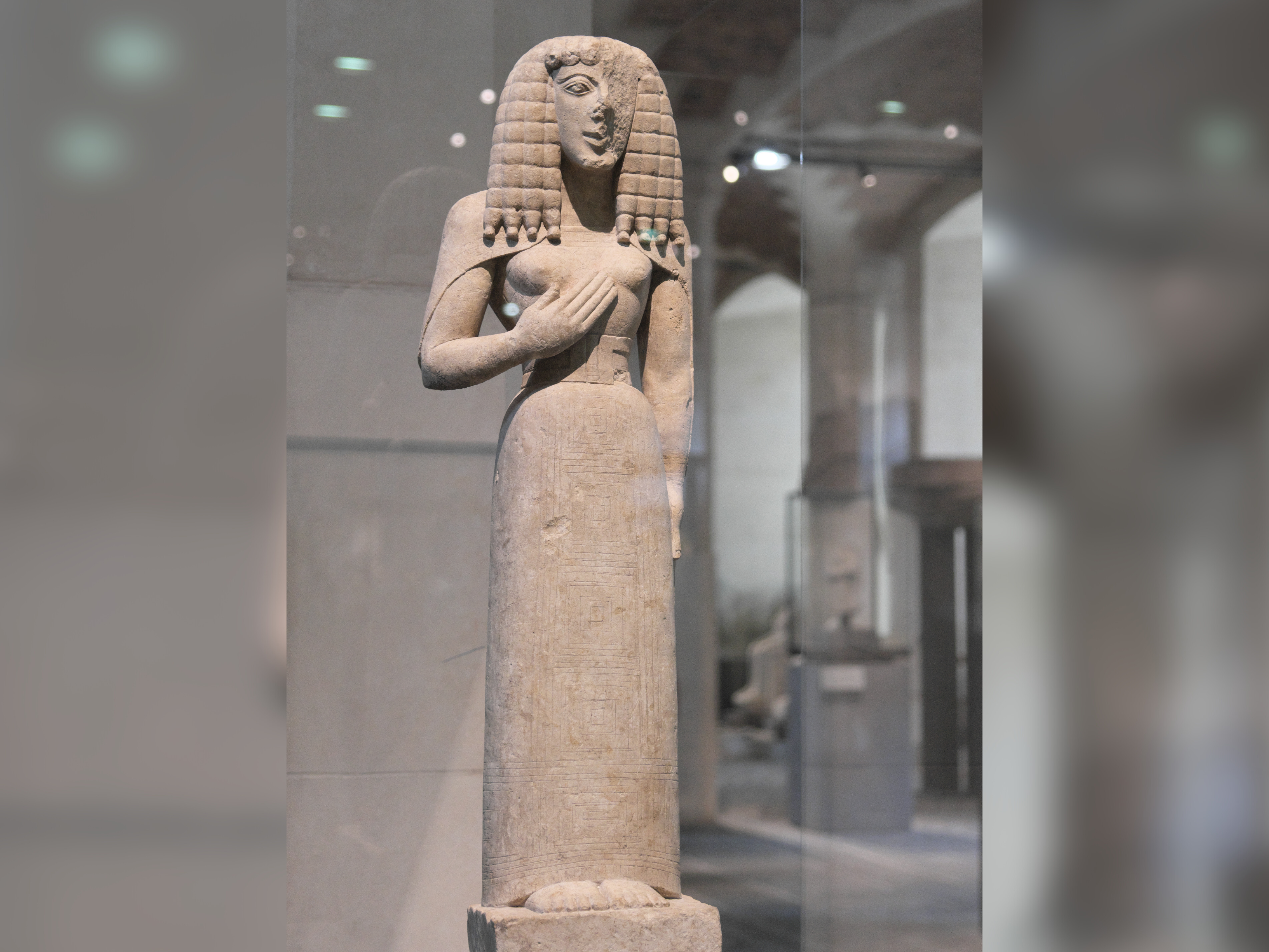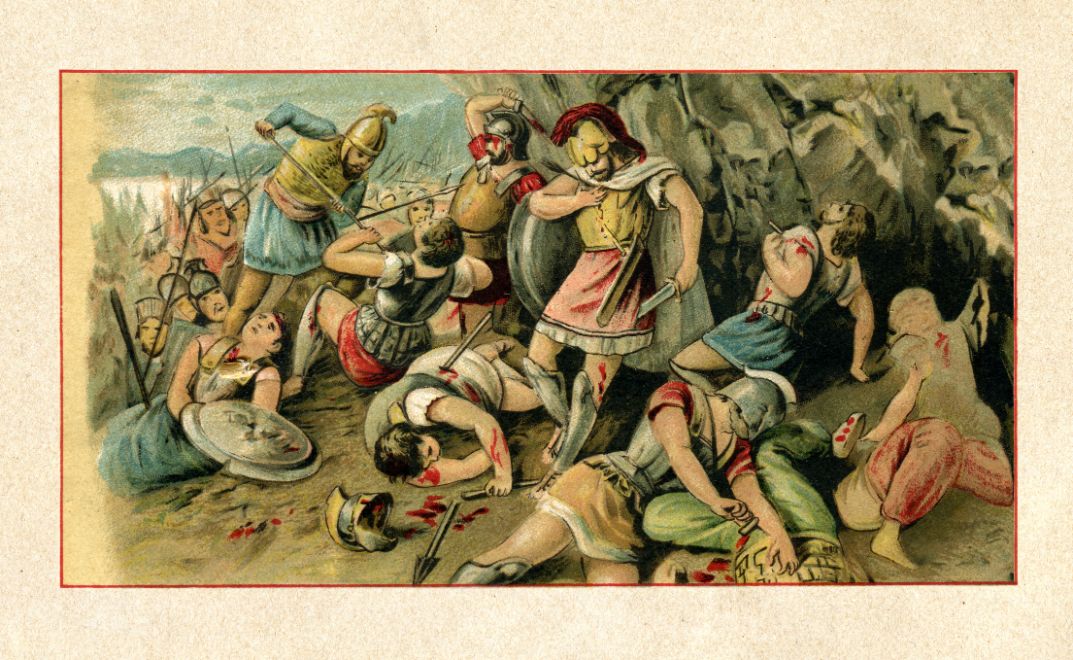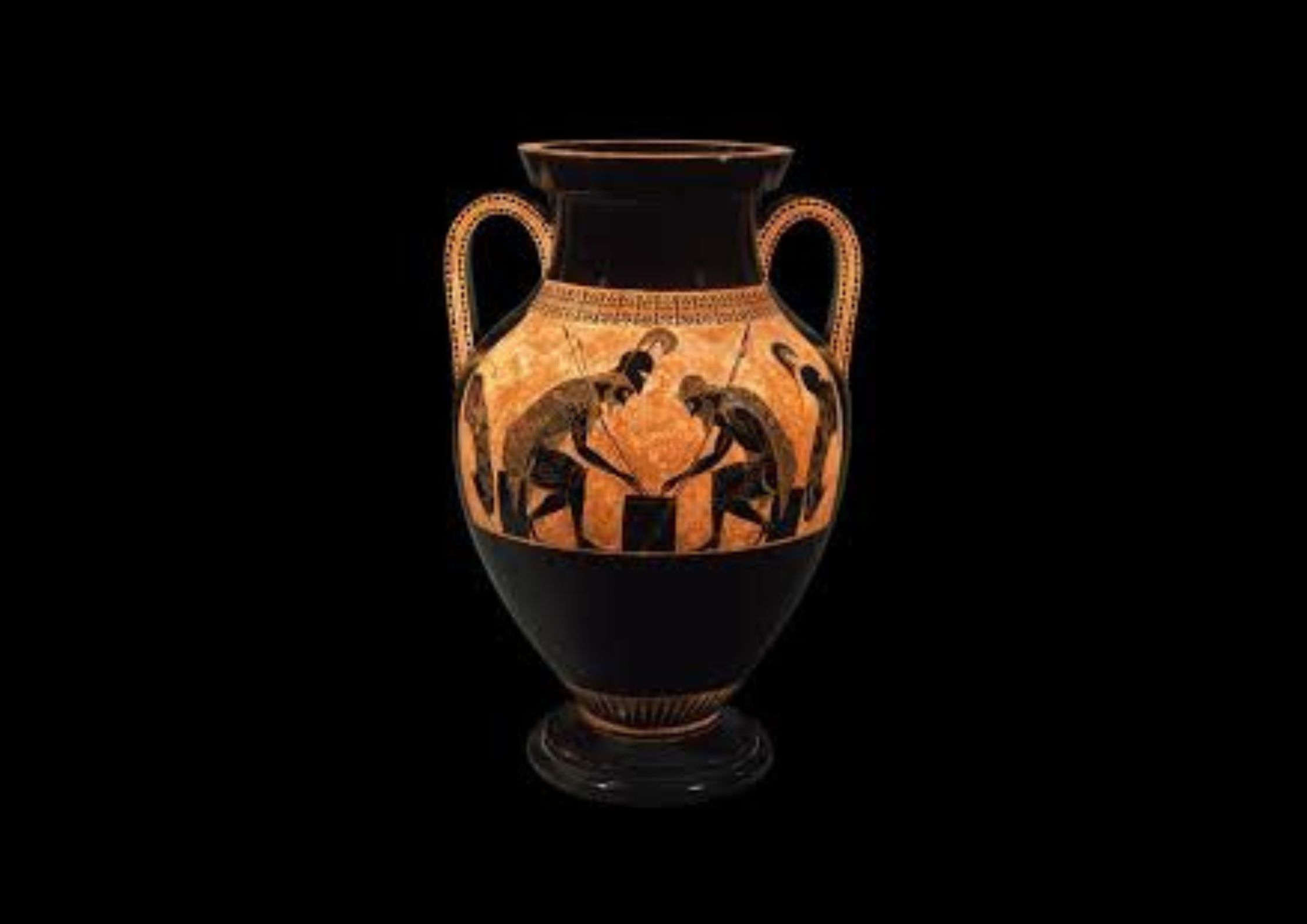The Transformative Impact of the Greek Alphabet
The Greek alphabet, developed in pre classical Greece around the 8th century BC, marked a significant advancement in communication and culture. Prior to its invention, the oral tradition dominated, with stories of gods and heroes passed down through generations. While effective for preserving history, this method presented challenges in documenting trade agreements, laws, and daily activities, especially as commerce flourished and societies grew more complex.
Inspired by the Phoenician writing system, artisans in various Greek communities began adapting these symbols to represent their spoken language. This monumental shift allowed for the creation of distinct letters, each corresponding to specific sounds. By doing so, the Greeks did not merely adopt another culture’s system; they enhanced it, adding vowels that enriched their phonetic range.
One after the other, Greek villages witnessed the introduction of a new script that played a crucial role in transforming how the villagers communicated, leading to the recording of trade transactions and cultural tales. Initially met with skepticism by some elders, who feared that writing would diminish the vibrancy of oral storytelling, the alphabet ultimately became a tool for preserving and sharing narratives, rather than replacing the art of storytelling.
As the Greek alphabet spread across the Mediterranean, it laid the groundwork for literacy in the ancient world. It enabled the rise of philosophy, history, and drama, connecting communities and preserving their voices for posterity. Thus, the Greek alphabet fundamentally transformed pre classical Greek society, intertwining language, culture, and commerce leaving a lasting legacy.

